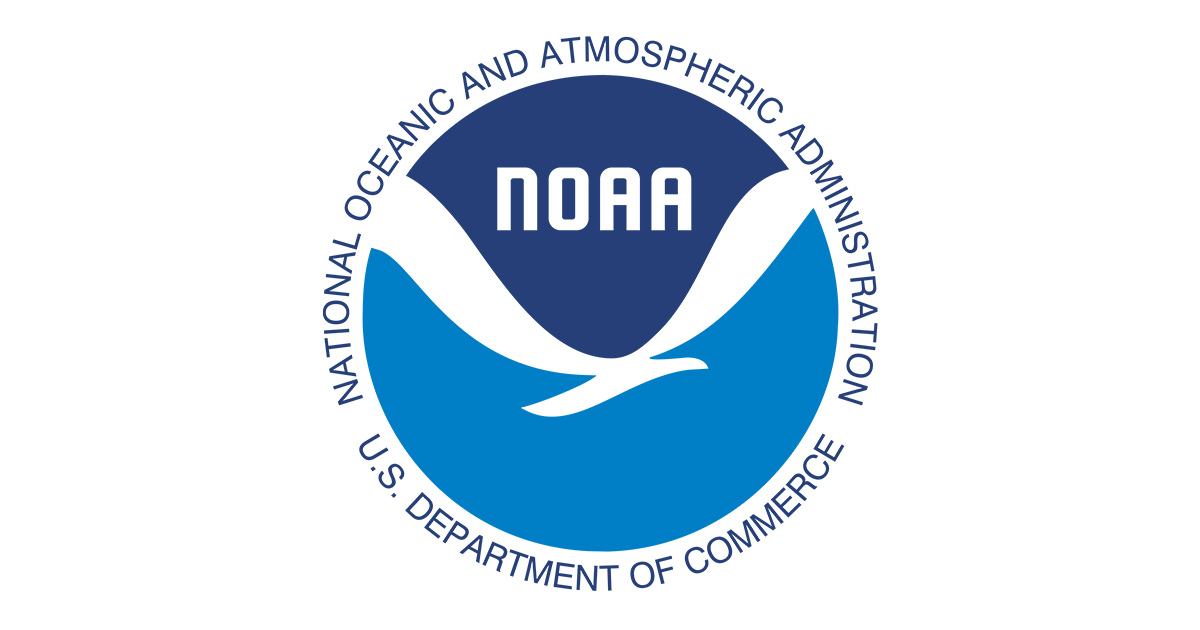This position is located in the National Marine Fisheries Service (NMFS), Northeast Fisheries Science Center (NEFSC), Resource Evaluation and Assessment Division (READ), Protected Species Branch (PSB), with one remote vacancy.
This is a term appointment not to exceed 4 years. Appointment to this position will not convey permanent status in the Federal service.
Duties
As a Fish Biologist, you will perform the following duties:
- Organize and evaluate passive acoustic field equipment including, but not limited to a variety of acoustic recorders, towed arrays, and associated sensor data collection. Assist with ordering, assessing availability, health and tracking of equipment.
- Oversee the downloading, quality control and audit of passive acoustic data recordings, metadata, and related products. Enter information into the relevant passive acoustic databases and organize all passive acoustic recordings and data products according to agree upon schema. Test new methods, incorporate best practices that reduce bias, increase precision, and identify acoustic recording or data errors.
- Support the receipt and quality checks of passive acoustic data contributions from external data providers. Facilitate the extraction of passive acoustic data from Makara database for upload into the Passive Acoustic Cetacean Map (PACM) website viewer. Support the delivery of passive acoustic data via approved data requests.
- Conduct data analysis to support the interpretation of diverse passive acoustic data sets to understand species composition and changes in distribution in space and time relative to anthropogenic and environmental variables.
EDUCATION:
Degree:
Major in biological science that included:
- At least 6 semester hours in aquatic subjects such as limnology, ichthyology, fishery biology, aquatic botany, aquatic fauna, oceanography, fish culture, or related courses in the field of fishery biology
- At least 12 semester hours in the animal sciences in such subjects as general zoology, vertebrate zoology, comparative anatomy, physiology, entomology, parasitology, ecology, cellular biology, genetics, or research in these fields (Excess course work in aquatic subjects may be used to meet this requirement when appropriate)
OR
Combination of education and experience:
Courses equivalent to a major in biological science (i.e., at least 30 semester hours), of which a minimum of 6 semester hours were in aquatic subjects and 12 semester hours were in the animal sciences, as shown in A above, plus appropriate experience or additional education.
SPECIALIZED EXPERIENCE:
In addition to meeting the Basic Requirements above, applicants must also possess one full year (52 weeks) of specialized experience equivalent to the ZP-1 or GS-05 in the Federal service. Specialized experience MUST include all of the following:
- Assisting in research aimed at the marine ecosystem and its inhabitants
- Observing the installation and maintenance of passive acoustic listening equipment
- Assisting in preparing scientific research findings in support of research projects





